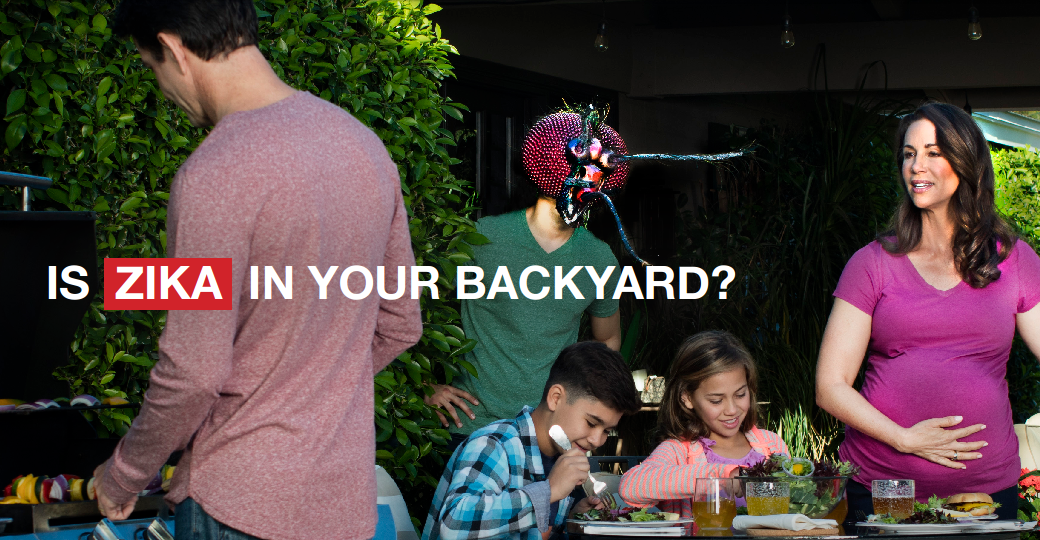 While some mosquitoes can be active throughout the year in parts of Arizona, peak season is usually April through October. So as we head into the warmer months, public health and vector control professionals have been attending training to ensure they are prepared to prevent and control mosquito-borne diseases, such as West Nile and Zika viruses.
While some mosquitoes can be active throughout the year in parts of Arizona, peak season is usually April through October. So as we head into the warmer months, public health and vector control professionals have been attending training to ensure they are prepared to prevent and control mosquito-borne diseases, such as West Nile and Zika viruses.In Mid-March, we collaborated with Maricopa County to host the Annual Vector Control Workshop. This year, the conference was held in Phoenix and included speakers from ADHS, Arizona Department of Agriculture, Arizona Pest Management Division, University of Arizona, and a speaker from Manatee County Florida Mosquito Control District. The event served as an opportunity to share the most current information and best practices for vector-borne disease and vector control. In total, almost 170 county, tribal, state, and federal partners participated in this year’s conference!
ADHS has also partnered with Maricopa, Mohave, and Pima Counties to host three hands-on workshops throughout the state. These workshops included training on identifying specific species of mosquitoes. Different kinds of mosquitoes can carry different viruses. For example, Culex species can carry West Nile Virus while Aedes mosquitoes can carry Zika virus. Knowing which kinds of mosquitoes are active in our state is critical for our disease prevention strategies. Between the three workshops, training on mosquito identification was provided to over 70 public health and vector control partners.
Training like this provides critical background and hands-on skills needed to protect Arizonans from mosquito-borne diseases. As the weather heats up and mosquitoes become more active, you can help us Fight the Bite:
- wear insect repellent
- wear long-sleeved shirts and pants
- dump any standing water around your house.
With all of us working together, we can prevent the spread of mosquito-borne diseases, like West Nile and Zika virus.









